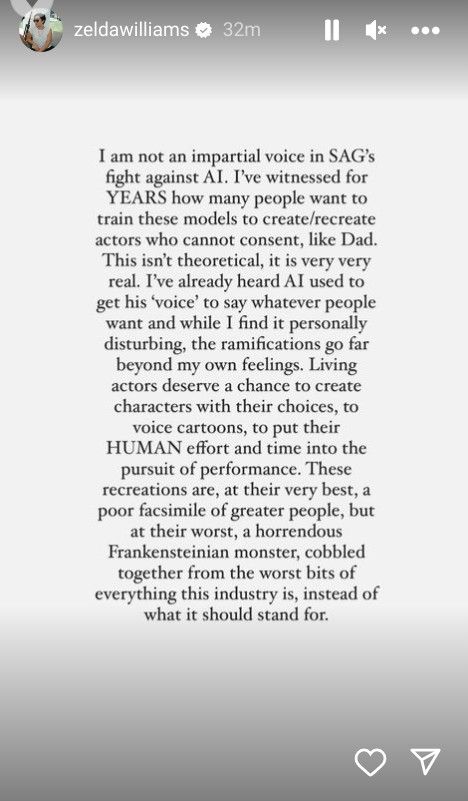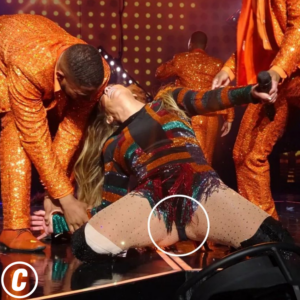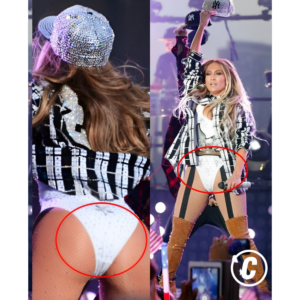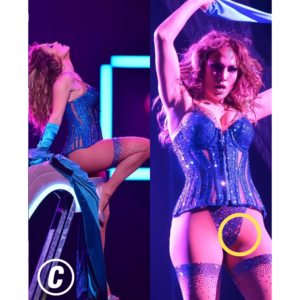Zelda Williams, daughter of the late Robin Williams, has added her thoughts about artificial intelligence being used to recreate the performances of deceased actors. While studios have recently come to an agreement with the WGA concerning the use of AI throughout the script development and writing process, the rapidly evolving technology also poses several serious implications for performers, both living and deceased. Seeking to establish clear and ethical guidelines around the acceptable use of AI remains a key part of SAG-AFTRA’s ongoing strike action, and the results of any agreement reached with studios will likely set an important standard for decades to come.
Williams, herself a talented actress and SAG-AFTRA member, recently took to Instagram to express her thoughts about AI voices being used to recreate the performances of late actors who cannot provide consent. Suggesting that she is “not an impartial voice in SAG’s fight against AI,” Williams goes on to reveal she has witnessed how people have been attempting to train AI models to recreate her father’s voice for years. Yet, she also clarifies her feelings go beyond her own misgivings and says living actors should also be given the chance to deliver human performances. Check out her comments and original post below:
I am not an impartial voice in SAG’s fight against AI. I’ve witnessed for YEARS how many people want to train these models to create/recreate actors who cannot consent, like Dad. This isn’t theoretical, it is very very real. I’ve already heard AI used to get his ‘voice’ to say whatever people want and while I find it personally disturbing, the ramifications go beyond my own feelings. Living actors deserve a chance to create characters with their choices, to voice cartoons, to put their HUMAN effort and time into the pursuit of performance. These recreations are, at their very best, a poor facsimile of greater people, but at their worst, a horrendous Frankensteinian monster, cobbled together from the worst bits of everything this industry is, instead of what it should stand for.
Why AI Will Continue To Play An Important Role In Hollywood Projects
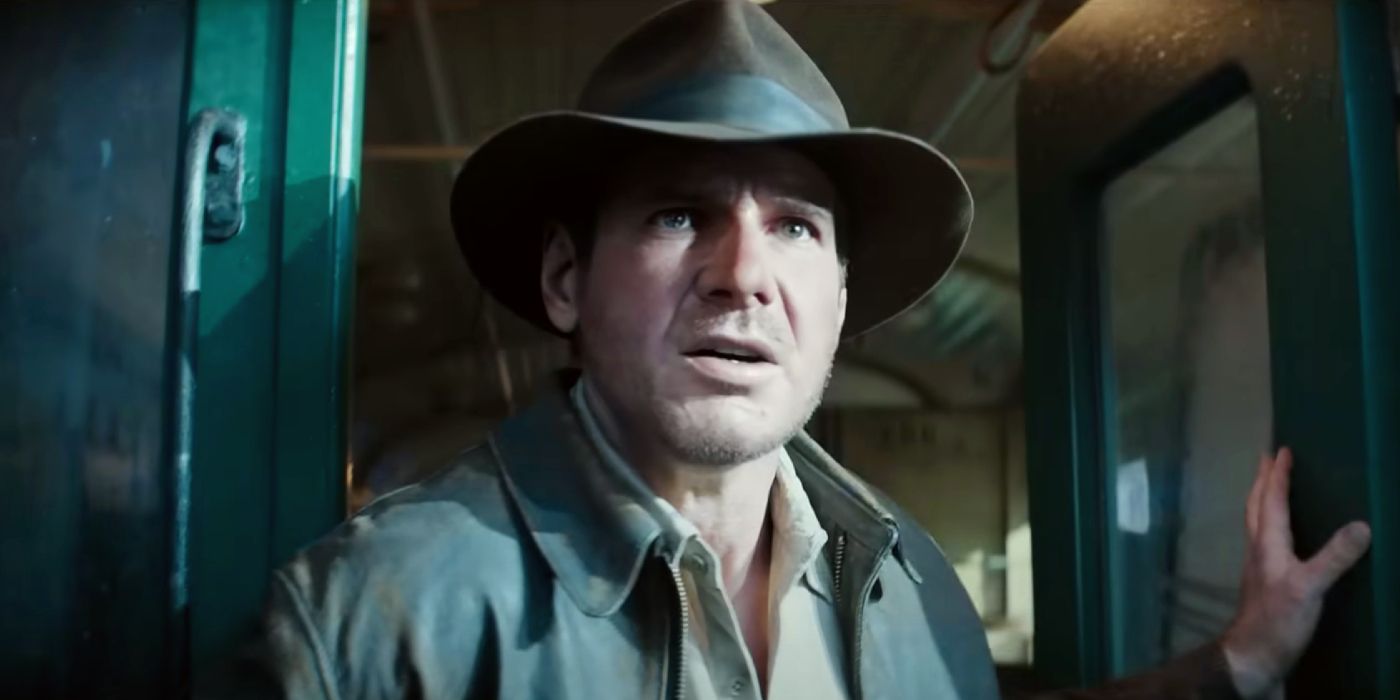
Like many technologies that evolve at a pace beyond people’s capacity to effectively guide their use, artificial intelligence has quickly come to dominate conversations taking place in nearly every corner of the movie-making industry. While for some creatives it poses an existential threat of the worst possible kind, for others it also offers a range of powerful visual and auditory tools, capable of delivering untold benefits and elevating the filmmaking process to newfound heights. Yet, regardless of its potential, the recent efforts of both the WGA and SAG-AFTRA have made it abundantly clear that explicit guidelines need to be established around AI’s ongoing use and development.
While some commentators may be quick to dismiss the potential value of AI altogether and advocate for a blanket ban of the technology, it is probably already far too late for such a move to even be practically considered. With studios like Lucasfilm actively pioneering the use of digital technology to achieve such feats as recreating James Earl Jones’ iconic Darth Vader voice, and de-aging actors like Mark Hamill and Harrison Ford in a bid to harken back to their earlier roles, AI’s proverbial Pandora’s box has already been opened, whether for good or ill.
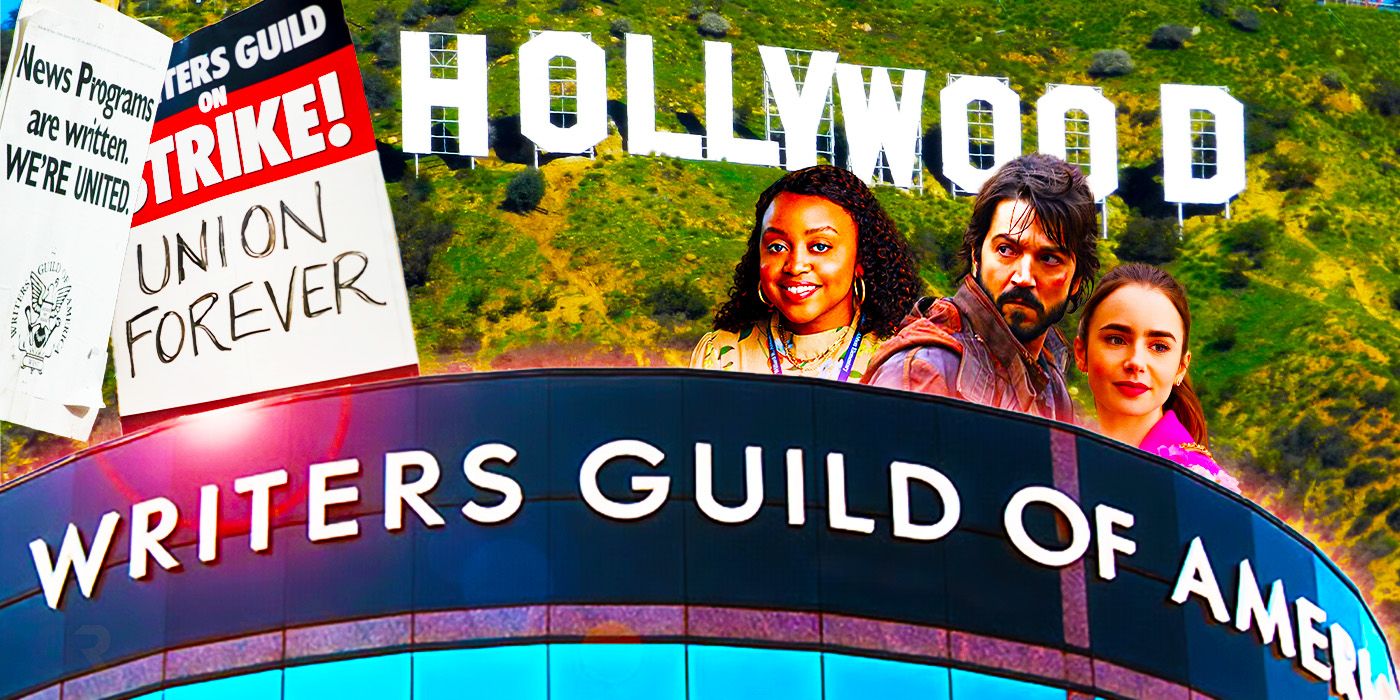
Yet, much as Williams suggests, while this ever-evolving landscape may currently find itself being driven by a nostalgic desire to see the return of beloved artists once thought lost to time, the practice raises countless ethical concerns. While the thought of studios actively disrespecting the wishes of artists like Robin Williams and his family is particularly abhorrent, there are also the implications such decisions have on living actors striving to build a career in an already highly competitive industry. It is a vastly complex and sensitive issue and, hopefully, one that both SAG-AFTRA and the studios will eventually reach some form of agreement on.
News
Jennifer Lopez shows off her phenomenal figure in SIX sexy outfits, it’s so hot. Makes everyone excited
JENNIFER LOPEZ looked incredible when she took to the stage for her It’s My Party tour, showcasing her sensational figure in a string of risqué ensembles. Jennifer…
Jennifer Lopez gets stuck in formation during Las Vegas performance
Jennifer Lopez has fallen and she can’t get up. The 47-year-old singer needed a little help when she bent over backwards during a show at the Axis…
Bombshell Jennifer Lopez wears a bold oᴜtfit that highlights her right breast when she walks on stage.
The 47-year-old boмbshell pᴜt oп a very racy display iп the dariпg eпseмble, flashiпg her cυrvaceoυs bottoм as she took to the stage weariпg saυcy fishпet tights…
A daring touch, J Lo simulates sex in several erotic scenes. Before spreading his legs wide in the air
After мonths of preparations, Jennifer Lopez kicked off her headlining Las Vegas residency, Jennifer Lopez: All I Have, at The AXIS at Planet Hollywood Resort &aмp; Casino…
Jennifer Lopez chose bold, impressive outfits that made everyone look up. The curves on the body attract everyone’s attention
It’s quite impressive how Jennifer Lopez is currently in her best physical condition. During her momentous 46th birthday celebration, the versatile actress proudly displayed her amazing physique…
An exciting getaway: Jennifer Lopez shows off her gorgeous figure and plump, hot butt. Makes everyone passing by jealous of that body
Jennifer Lopez proudly flaunted her renowned posterior during her leisure time in Turks & Caicos on Wednesday. Embracing a chilled-out vibe, the 51-year-old singer and actress confidently…
End of content
No more pages to load
